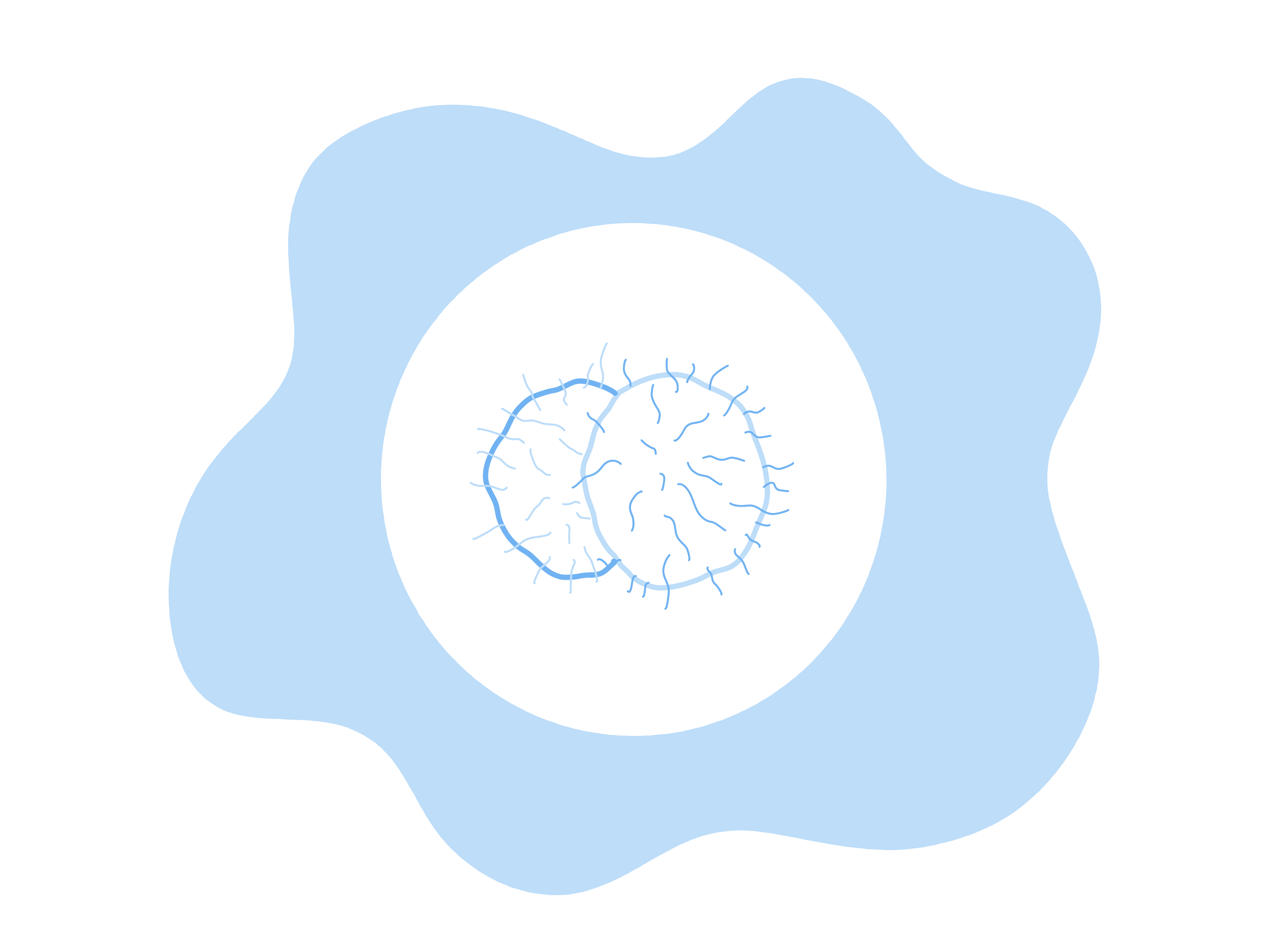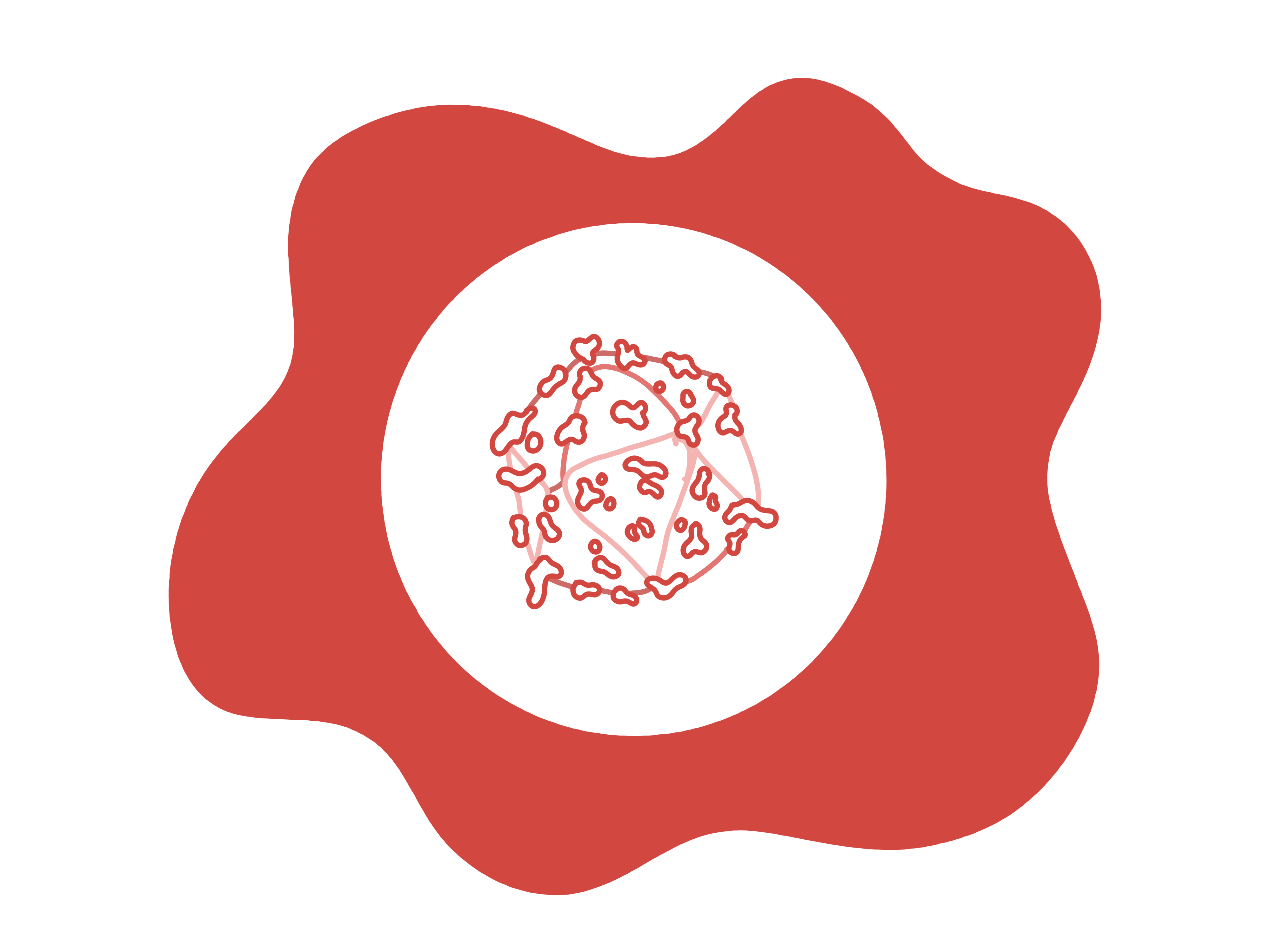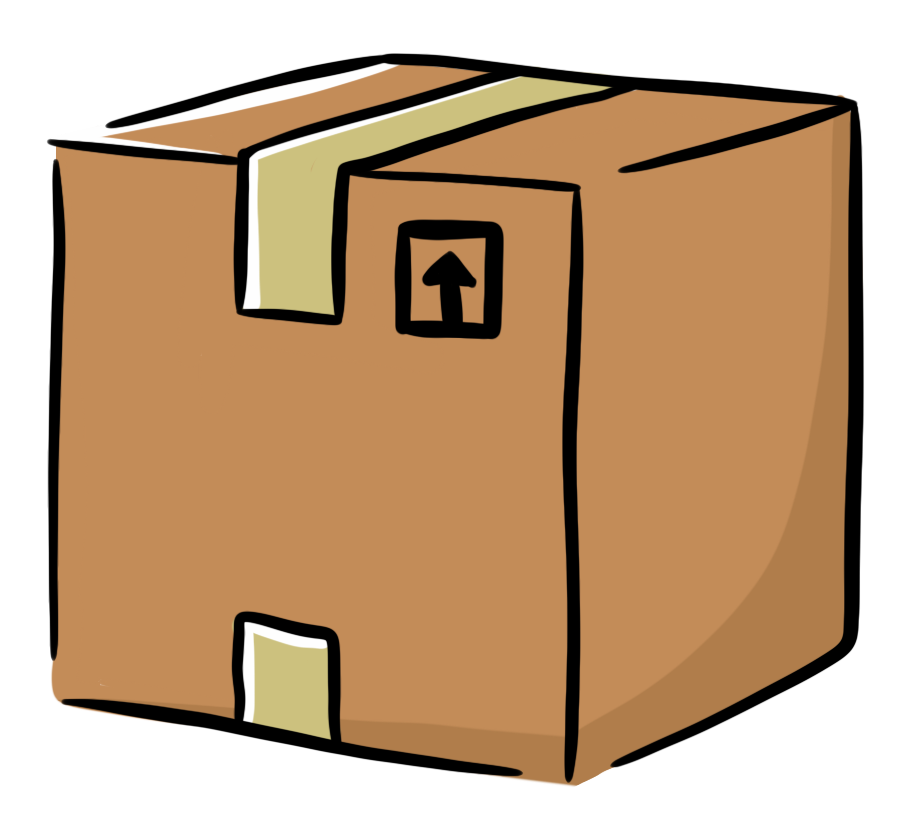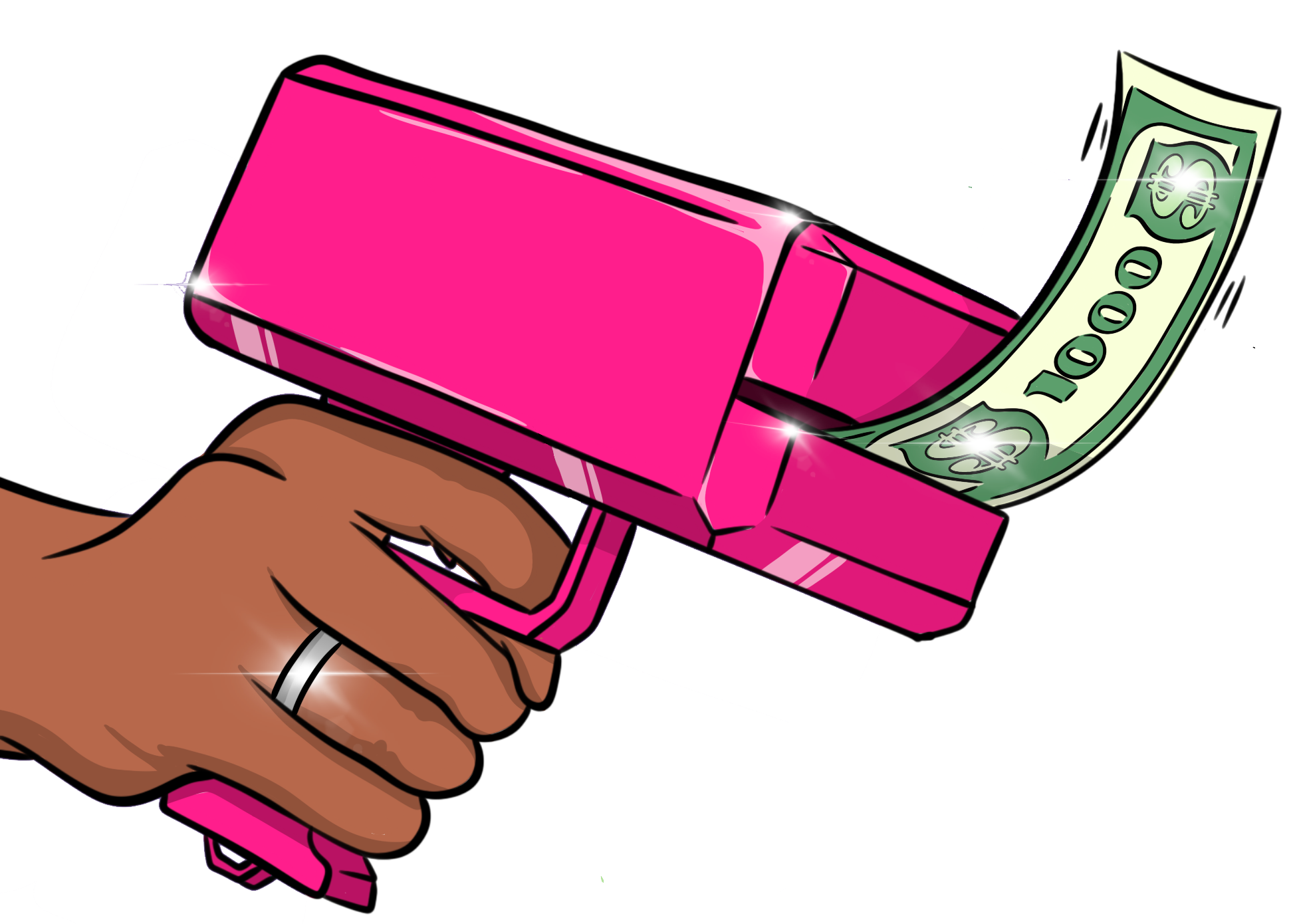Symptoms Of Chlamydia
Chlamydia is the most common STI in those under the age of 25. It’s sometimes known as the ‘silent infection’ as 75% of vulvas & 50% of penises do not show any symptoms – this is why it’s so important to get regular tests!
Did you know Chlamydia can also affect the rectum or throat from anal/oral?
If you do show symptoms, however, these are some of the common signs:
- Unusual discharge.
- Pain when peeing (similar to UTI pain).
- Pelvic and lower belly pain.
- Heavy periods or bleeding between periods.
- Unusual pain in women during vaginal sex.
- Painful swelling of the testes.
- Bleeding during or after sex.
- Burning and itching in the genital area (for penises).
Causes Of Chlamydia
You CANNOT catch Chlamydia from kissing, hugging, sharing towels, swimming pools, toilet seats etc.
It CAN, however, be spread through:
- From mother to baby. (can be treated during pregnancy).
- Unprotected sex (vaginal, oral & anal).
- Genitals touching.
- Sharing your toys without washing between uses.
Treatments For Chlamydia
Once you have been tested for Chlamydia (a simple swab) and it comes back positive you will be given antibiotics to treat this.
It will usually be a single dose or two pills for a week.
It’s important to note if left untreated, vulva owners are at risk of developing pelvic inflammatory disease and suffering damage to the fallopian tubes, and penis owners can get an infection in their testicles. Chlamydia can sometimes cause infertility.
You shouldn’t have sex for at least 7 days after treatment and you must inform your previous partner so they can get a test.
Some clinics offer an anonymous text service in case you don’t feel comfortable telling them. Remember to not play the blame game.
⚡ I am not a health professional. I am qualified in RSE but I am not a doctor. Content for this page has been drawn from the NHS website and Brook.org.uk. Please head over to these great sites for more details.








